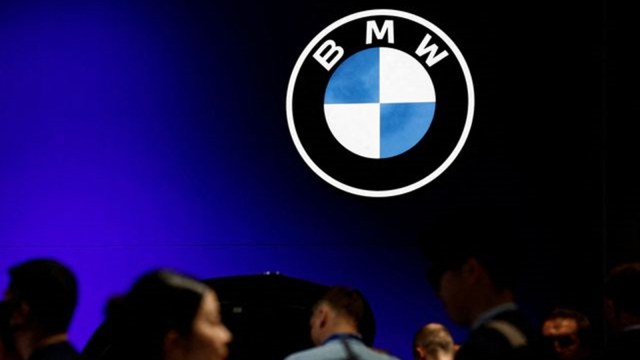BMW, Volkswagen used parts from banned Chinese firm while importing vehicles in US
BMW in a disclosure revealed that at least 8,000 Mini Cooper cars were imported into the US containing JWD components, sourced from a firm which has been banned by the US administration
 In response to the allegations made in the report, BMW in an emailed statement to Reuters said that it had "taken steps to halt the import of affected products."
(Reuters)
In response to the allegations made in the report, BMW in an emailed statement to Reuters said that it had "taken steps to halt the import of affected products."
(Reuters)A report by the US Senate Committee, following its investigation into automobile manufacturers BMW, Jaguar Land Rover and Volkswagen, has revealed major gaps wherein the components used by the companies were imported from a firm which was banned over alleged links with Chinese forced labour.
BMW in a disclosure revealed that at least 8,000 Mini Cooper cars were imported into the United States containing JWD components, sourced from a firm which has been banned by the US administration under Uyghur Forced Labor Prevention Act (UFLPA).
Senate Finance Committee Chairperson Ron Wyden said “automakers are sticking their heads in the sand and then swearing they can’t find any forced labor in their supply chains.”
In response to the allegations made in the report, BMW in an emailed statement to Reuters said that it had “taken steps to halt the import of affected products,” adding that it had “strict standards and policies regarding employment practices, human rights, and working conditions, which all our direct suppliers must follow.”
Volkswagen, in January 2024, had revealed that a shipment of its vehicles including Porsche and Bentley, which was bound for the US automobile market, had parts sourced from a supplier banned by the US government under the UFLPA.
The US Congress in 2021 adopted the Uyghur Forced Labor Prevention Act in order to strictly enforce the prevention of import of goods from China’s Xinjiang, as it is alleged that the production in the region takes place by forcing Uyghur minority group members. The Chinese government has, however, denied any such allegations.
“China strongly condemns and firmly opposes the UFLPA law. We will take measures to resolutely safeguard the legitimate rights and interests of Chinese enterprises,” Wang Wenbin, Chinese Foreign Ministry spokesperson was quoted as saying by the BBC on Tuesday.
Photos




- 01
- 02
- 03
- 04
- 05


























